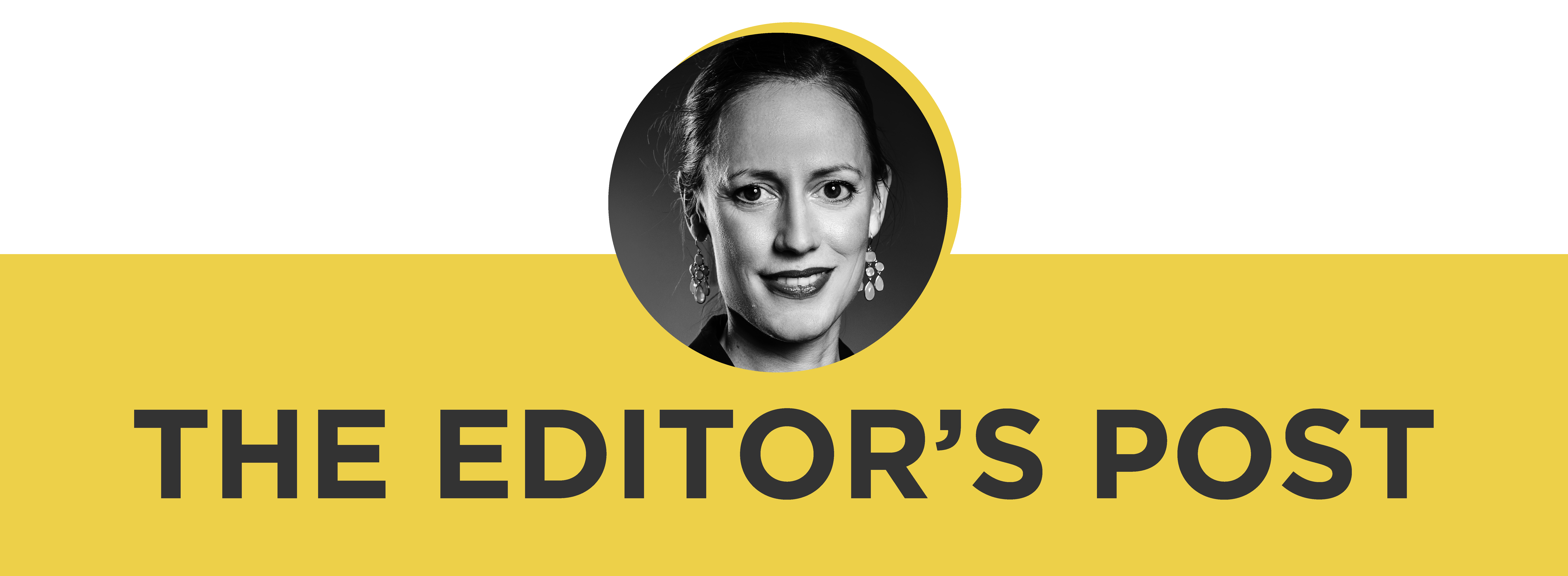The Editor's Post: Waiting for EU

It's the EU Parliament's turn in the 2024 elections series. With the far-right on the rise, supporters of the impact economy will be waiting for the result with anguish. This week's view from the Pioneers Post newsroom.
I’m back after a few months off, seemingly just in time to enter the 2024 elections “tunnel” with a different country going to the polls literally more than once a week this spring. This week, 373m people across Europe will cast their vote to elect the EU Parliament. In a region where the “impact” ecosystem is well developed and understood, what will it mean for those social entrepreneurs and investors that are working hard to make the world a better place?
The European parliamentary elections alone won't give us a definitive picture of what EU policy making will look like – we’ll have to wait for the European Commission (the EU equivalent of a government) to be appointed to know more; it will take some time and much dealmaking between parties whose values are far from aligned.
Uncertainty
Next week’s election, however, will tell us which parties will have the most influence on the commission’s policy direction. While centre-right Ursula Von der Leyen is expected to remain president of the commission, the populist right is on the rise, with polls predicting that the two main far-right groupings will together attract 21% of the vote. In a legislature where no party has an outright majority, Von der Leyen is likely to need the support of those populist parties to pass any laws – giving them substantial leverage.
What does all that mean for the impact economy? Much uncertainty at this stage. The Social Economy Action Plan, a package of measures to support social enterprises and charities across the continent, was the brainchild of Nicolas Schmit, as commissioner for jobs and social rights. The impact economy champion is currently the lead candidate of the Socialists and Democrats centre-left party (so in theory, he could become commission president); but the S&D’s presence in parliament is expected to reduce. Will Schmit’s voice still resonate in Brussels’s corridors? If not, what does it mean for his flagship policy?
- Read more: ‘It’s the wild west – policy needs to be more ambitious’ – EU social economy advisor Nicolas Hazard
Aside from Social Economy Action Plan, a lot has already been achieved around corporate sustainability and impact – with an alphabet soup of directives adopted in recent years, the latest being CSDDD, adopted just last week, that will hold big companies accountable for the negative impact of their supply chains. But the impact sector is adamant that much more is needed, and the direction of travel is not currently the right one.
We’ve already seen landmark EU policies like the “Green Deal” (a package of measures to support the continent to become net-zero by 2050) being considerably diluted in recent months under pressure from the right, not keen on spending money on climate.
In an interview last year, Philippe Zaouati – a champion of impact who’s worked closely with French president Emmanuel Macron, and a Brussels insider – said the EU’s “sweet spot” for sustainable business has come and gone, with a rise of nationalism and protectionism inhibiting the cross-national cooperation needed to achieve systems change. Toby Gazeley of Euclid Network this week also warns of the rise of parties that look inwards and seek quick fixes. It doesn’t take a new parliament or commission for things to turn sour.
- Read our Pioneer Interview with Philippe Zaouati: ‘We need a new narrative – or we are going to the wall’
Could a new parliament bring some hope, though? In an article published last week, voices from leading impact networks and campaign groups call on EU politicians to take meaningful action to support the impact economy. With the rise of the far-right and their populist agendas, whether these calls will be heard in Brussels is very much in doubt.
Top stories
Nothing about us without us: how to champion disability in social investment
Impact 101: What is systemic investing?
Top image: Nicolas Schmit via Wikimedia Commons
Thanks for reading Pioneers Post. As an entrepreneur or investor yourself, you'll know that producing quality work doesn't come free. We rely on our subscribers to sustain our journalism – so if you think it's worth having an independent, specialist media platform that covers social enterprise stories, please consider subscribing. You'll also be buying social: Pioneers Post is a social enterprise itself, reinvesting all our profits into helping you do good business, better.




